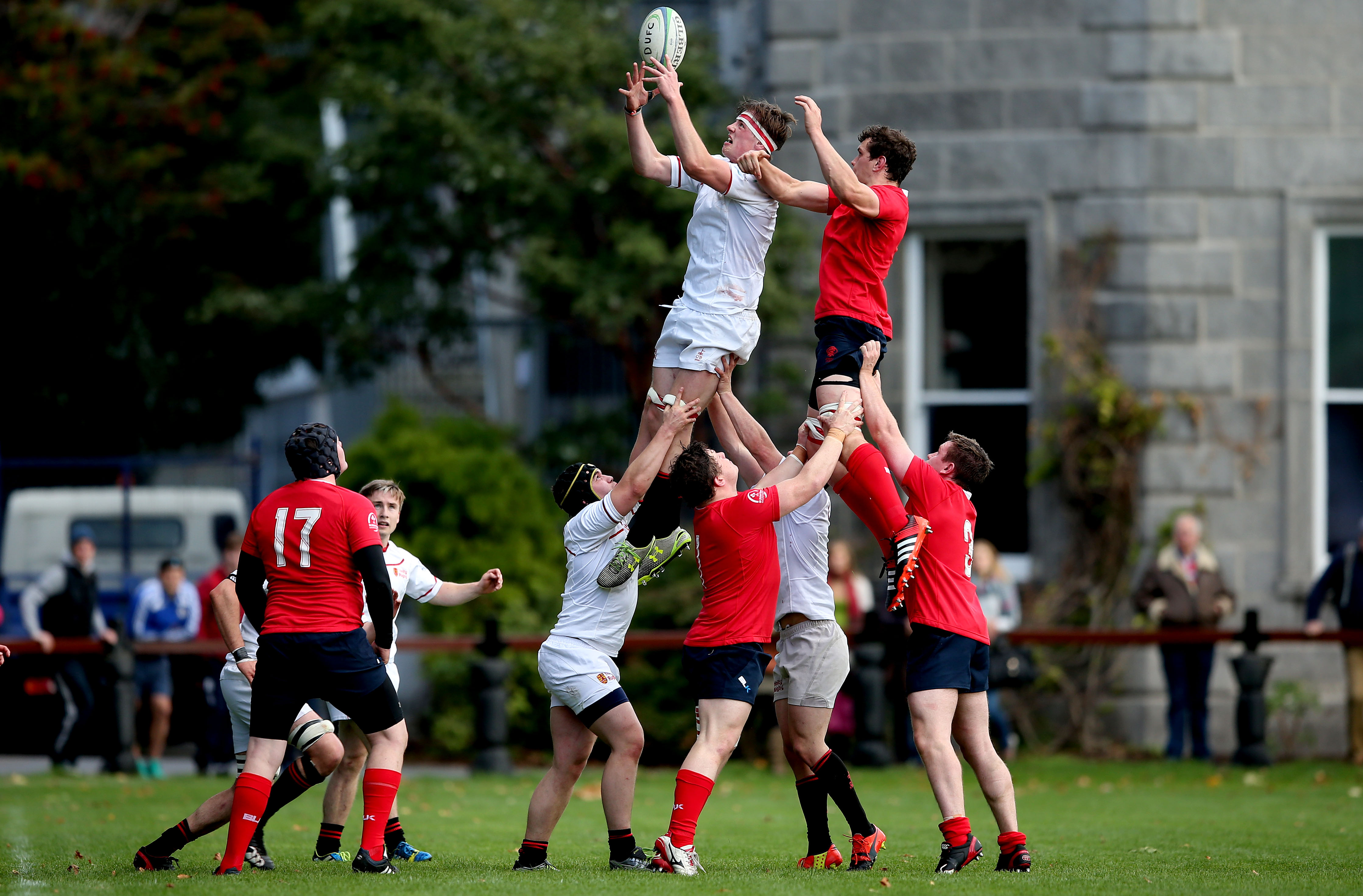Last week, nine members of Trinity Rugby, Dublin University Football Club (DUFC) tested positive for Covid-19 – eight Division 1 players and one coaching figure.
All sports training and events except for professional teams and inter-county GAA are currently suspended as the country is under Level Five Covid restrictions. It is believed that the Trinity infections occurred whilst Dublin was under Level Three.
At Level Three, most College sports events were cancelled and training was only permitted with a maximum of fifteen people who maintained social distancing requirements of 6ft. However, five Trinity teams were granted exceptions to this by the government, on the basis that they were considered to play at an elite level in their respective sports: Trinity Women’s Basketball, Men’s 1st Rugby team, Women’s 1st and Men’s 1st Hockey teams, and Women’s 1st Volleyball.
DUFC published a comprehensive risk assessment and safety plan in July. This included a series of safety measures including adhering to hygiene standards and keeping a contact log. It also laid out instructions for players to be placed into “pods” of members who train together consistently and guidelines for two metre social distancing.
Ultimately, however, rugby is a close contact sport. Social distancing cannot be adhered to in a scrum or while tackling. Speaking to the Hard Shoulder on Newstalk, the Director-General of the Health Service Executive (HSE), Paul Reid, pointed out on October 15 that sports that have “team huddles” see a much higher level of positive Covid-19 cases.
A memo on October 1 from the Gaelic Athletic Association (GAA) sent to country boards instructed clubs to ban huddles. However, scrums are a vital part of rugby and cannot be so easily dismissed.
Other teams have been impacted by Covid-19 cases too. The final match of the Women’s Six Nations, set to take place in Donnybrook between Ireland and France was called off due to an outbreak of Covid-19 in the French team. Had the match gone ahead, or had detection of the virus been a few days later, the Irish team would have been exposed to the virus.
Professional sport also requires a lot of travel. While the rest of the country is restricted to a 5km limit, the Men’s Rugby team flew to France last Sunday, Dundalk played Arsenal in London, and GAA and League of Ireland teams are travelling around the country.
Despite all the guidelines the DUFC had in place, nine members tested positive for Covid-19. The fact that the virus could spread to so many players before detection, regardless of protective measures, unavoidably calls into question the safety of continuing training for close contact sports during this pandemic, especially for teams at a non-professional level.






